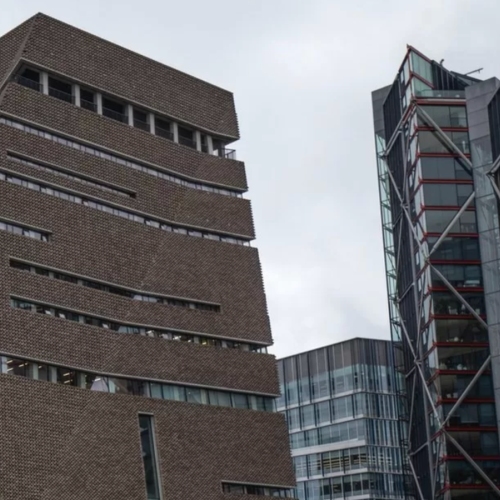The residential leases in question in a mixed-use block allowed the landlord to change the apportionment of service charges, which they had been doing for a number of years. The leaseholders argued that such a provision was void. The wording allowed for a fixed percentage amount “or such part as the Landlord may otherwise reasonably determine”.
However, that decision was overturned by the Upper Tribunal, who held that it was void. The Court of Appeal then reversed the decision, saying that the provision for re-apportionment was void to the extent that only the landlord could exercise it, but that either party to the relevant lease could apply to the FTT for a re-apportionment.
On appeal by the leaseholders to the Supreme Court, in a unanimous decision, dismissed the appeal, and said that the apportionment provision was valid, although for different reasons to the Court of Appeal.
The legislation revolved around the interpretation of section 27A(6) of the Landlord and Tenant Act 1985, which says that “an agreement by the tenant of a dwelling (other than a post-dispute arbitration agreement) is void in so far as it purports to provide for a determination (a)in a particular manner, or (b)on particular evidence, of any question which may be the subject of an application under subsection (1) or (3)”.
The Supreme Court said that section 27A(6) was intended to prevent contracts from limiting the jurisdiction of the FTT. The lease provisions in question did not do this – and the FTT had said that the charges in question were reasonable. Accordingly, the Supreme Court said that they would “restore both the decision and the reasoning of the FTT, in preference to that of both the Upper Tribunal and the Court of Appeal”.
The Supreme Court also said that previously decided case law, including Oliver v Sheffield City Council [2017] EWCA Civ 225, was wrong.





